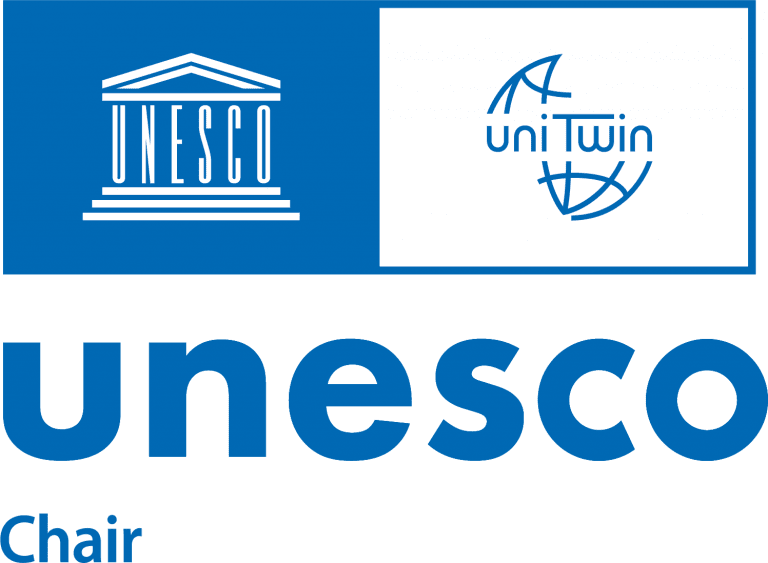Speakers
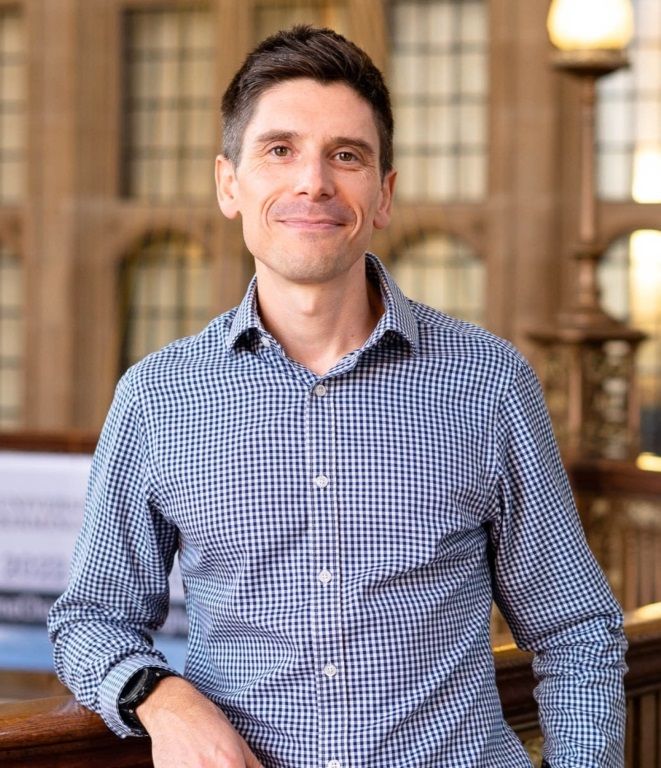
Coe, Peter
Peter Coe is an Associate Professor in Law at the University of Birmingham. Prior to this he was an Associate Professor in Law at the University of Reading. He holds an LLB, an LLM, and a PhD. Dr Coe’s research interests relate to five interconnected themes within the field of Media Law: (1) the changing nature of journalism (often because of technology), and how this impacts on free speech, press freedom and regulation, and the concepts of privacy and reputation; (2) defamation; (3) Strategic Lawsuits Against Public Participation (SLAPPs), including how they relate to defamation and privacy and their gendered dynamics; (4) media power and plurality, the role the media plays within society and its bearing on the public sphere and democracy, and (5) the impact of the internet, social media, and the regulation of online services on public sphere.
Dr Coe’s research has led to several external appointments. For example, in 2024 he was a Distinguished Research Fellow at the Institute of Advanced Study at Durham University. In 2022 he was appointed by the Council of Europe as an independent member of the Council’s Expert Committee on SLAPPs. He is a member of Impress Code Committee, and in 2021-2022 he was engaged by Impress to draft its new Journalism Standards Code and Guidance. He has also advised the Information Commissioner’s Office on the development of its draft journalism code of practice. During 2021-2022, upon invitation from the International Academy of Comparative Law and British Association of Comparative Law, he acted as the UK’s National Rapporteur on Freedom of Speech and the Regulation of Fake News.
His work has been published in leading journals such as Legal Studies, the University of Melbourne’s Media & Arts Law Review, Northern Ireland Legal Quarterly, and the Journal of Media Law, amongst others, and his monograph, Media Freedom in the Age Citizen Journalism, was published by Edward Elgar in 2021. In addition, he regularly writes for practitioner and media outlets, and he is often invited to speak to the media, at international conferences, and to give guest lectures to academics, non-academics and policy makers.
Eskens, Sarah
Sarah Eskens is a legal researcher interested in questions related to online platforms and mediated communication. Her current work focuses on two topics: the developing EU legal framework on disinformation, and the obligations of messaging apps under the Digital Services Act.
She works as an Assistant Professor at the Vrije Universiteit Amsterdam. Before that, she obtained her research master’s in Information Law (University of Amsterdam, 2016) and wrote a dissertation on the fundamental rights implications of personalised communication by news media (University of Amsterdam, 2021).
In her work, she looks at, among others, the Digital Services Act (‘DSA’), Political Advertising Regulation, European Media Freedom Act (‘EMFA’), and General Data Protection Regulation (‘GDPR’).
Next to her research, she is involved in teaching at the Vrije Universiteit Amsterdam. She coordinates the master’s specialisation in International Technology Law. She also coordinates and teaches a master’s course on European data protection law, and she teaches platform regulation and media law in another master’s course. Finally, she coordinates the internships and master’s theses for students in the International Technology Law specialisation.
Next to her academic work, Sarah is a member of the Meijers Committee, a group of Dutch lawyers working on a voluntary basis to ensure European legislation respects the rule of law and guarantees fundamental rights for everyone.
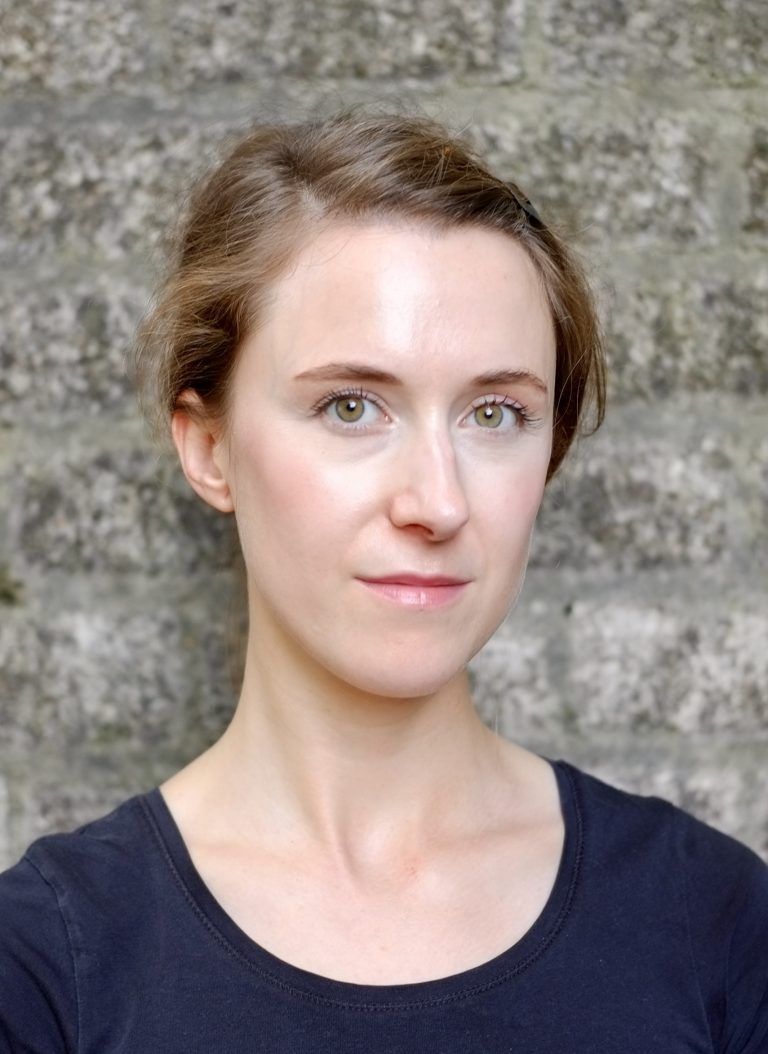
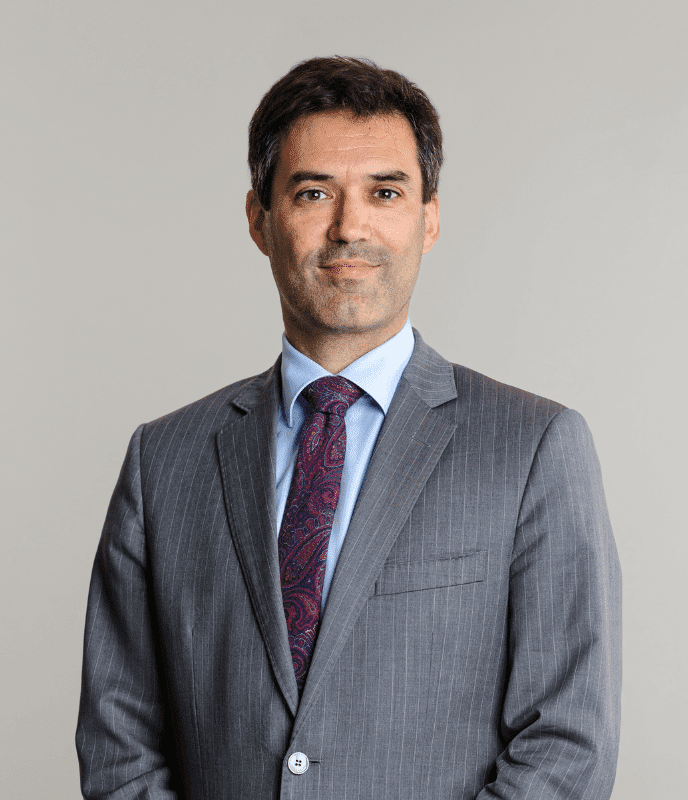
Farinho, Domingos Soares
Domingos Soares Farinho is an Assistant Professor at the University of Lisbon Faculty of Law. He is a member of the Institute of Legal and Political Sciences (ICJP) of the Faculty of Law of the University of Lisbon. Integrated Researcher at the Lisbon Public Law research center from the University of Lisbon Faculty of Law where he develops research and consultancy in the areas of Fundamental Rights, with a special focus on Privacy and Data Protection, Freedom of Expression and Regulation of Online Platforms; Administrative Law and governance of the Public Sector; and regulation of the Third Sector.
For the last 10 years he has developed an interest for a Public Law approach to the digital worlds with a special focus on Fundamental Rights, Regulatory Law and Theory of Law in the digital field. This is now where he does the bulk of his research, although he still dedicates some time to Third Sector Law, especially public regulation, in the Portuguese legal system.
Founding member of the Lisbon Digital Rights and Freedoms within the Lisbon Public Law research center. Member of LxLTG – Lisbon Legal Theory Group of the Lisbon Public Law/University of Lisbon Faculty of Law.
He regularly participates in courses and conferences dedicated to his preferred research topics: Fundamental Rights in a digital context and Third Sector regulatory law.
Extensive work published in the areas of Public Law, Digital Regulation, and Third Sector Law and Governance.
Fenwick, Helen
Helen Fenwick is a Professor of Human Rights Law in Durham University and Associate Fellow in the Institute of Advanced Study. She is a Human Rights Consultant to Doughty Street Chambers in London, one of a group of Chambers specialising in human rights litigation.
Her research interest lies in the field of civil liberties and human rights. Within that field her main interests are in media freedom (in particular, online regulation, data protection, and privacy law), public protest, counter-terrorist law and policy, and the influence of the European Convention on Human Rights under the Human Rights Act. Her publications concentrate on those areas. Her research focuses mainly on media freedom of expression and judicial reasoning under the Human Rights Act.
She is author of Civil Rights: New Labour, Freedom and the Human Rights Act (2000, Longmans/Pearson), Media Freedom under the Human Rights Act (2006, with G Phillipson) and of Fenwick on Civil Liberties and Human Rights (latest edn 2017, Routledge); she is General Editor and an author for Judicial Review (2024).
She has also published articles on human rights matters in Modern Law Review, Public Law, Cambridge Law Journal, Common Market Law Review, European Public Law, Criminal Law Review, the International Review of Victimology, the Journal of Social Welfare and Family Law, and the Journal of Criminal Law.
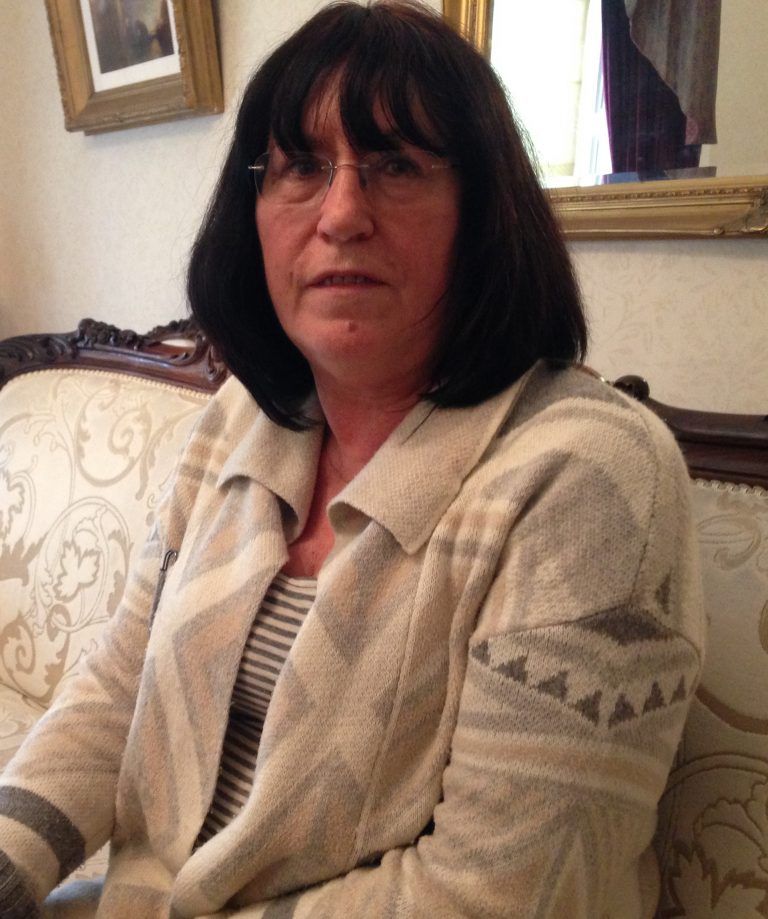
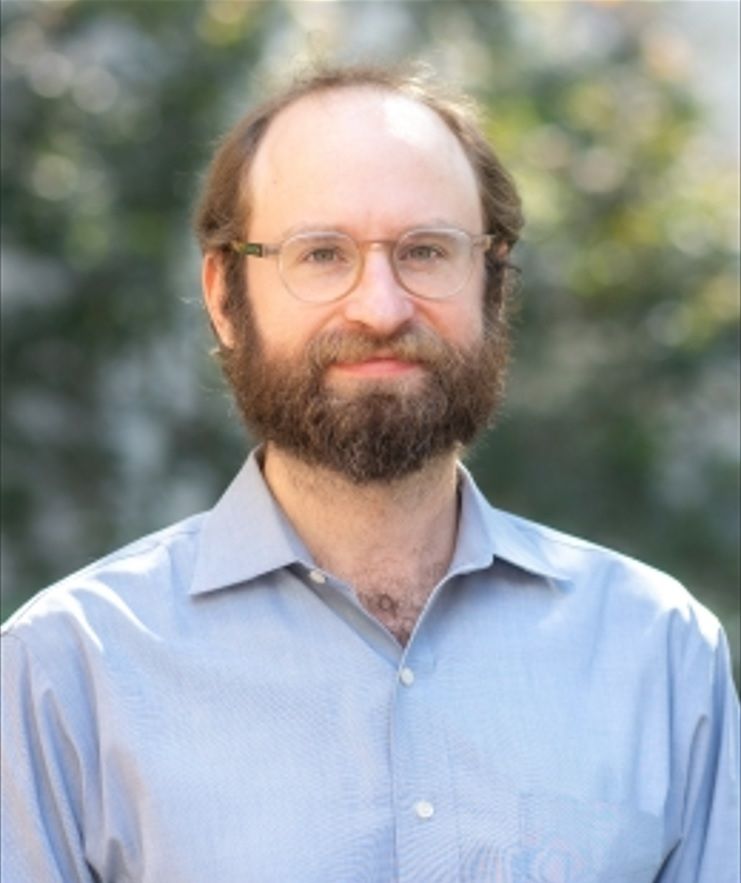
Kessler, Jeremy
Jeremy K. Kessler is Stanley H. Fuld Professor of Law at Columbia Law School. Trained as a legal historian, his scholarship focuses on First Amendment law, administrative law, and legal theory. At Columbia, he is co-director of the Legal History Workshop and the Workshop on Knowledge and the State. Kessler’s forthcoming book, Conscription and Constitutional Change in Twentieth Century America (Harvard), explores how the contested development of the military draft transformed the relationship between civil liberties law and the American administrative state.
His scholarship on administrative governance, expressive and associational rights, and the relationship between legal and economic change has appeared in the Harvard Law Review, Columbia Law Review, University of Chicago Law Review, Duke Law Journal, and Law & Contemporary Problems, among other publications.
Kessler received his J.D. from Yale Law School, where he was a Legal History Fellow and the executive editor of the Yale Journal of Law and the Humanities. He earned an M.Phil. in the history and philosophy of science from the University of Cambridge and a B.A. from Yale College, summa cum laude. Prior to coming to Columbia, Kessler clerked on the U.S. Court of Appeals for the Second Circuit.
Kohl, Uta
Uta Kohl is Professor of Law and Technology at the University of Southampton and Visiting Professor in Law and Technology at the Chinese University of Hong Kong, with research interests primarily in governance questions of the internet – its territoriality, dominant corporate actors, personal data building blocks, its communications (e.g. hate speech or disinformation) and its technologies (i.e. algorithms and AI). She has written widely on regulatory shifts triggered by the rise of global digital networks.
Uta Kohl is the author of the monograph Jurisdiction and the Internet (CUP, 2007, ppb 2010) and the textbook Information Technology Law (5th ed, 2016, Routledge, with D. Rowland, A. Charlesworth). In 2013, Google Inc invited her to do further research on internet jurisdiction, which led to the symposium National Law versus the Global Internet – Re-Negotiating Westphalia? (2014) and the edited collection The Net and the Nation State (CUP, 2017). More recently, she has branched out into other online governance questions, like predictive analytics (see edited collection Data-Driven Personalisation in Markets, Politics and Law, CUP, 2021, with J. Eisler) and comparative privacy and hate speech regulation (see articles below and the funded Leverhulme project ‘Modern Technologies, Privacy Law and the Dead’). She also acted as the Human Rights Trustee on the Board of Trustees of the Internet Watch Foundation (2014-2020).
Uta Kohl has held various visiting positions, most recently as a visiting scholar at MIT (2023) in a collaborative project with Prof Nazli Choucri on corporate sovereignty on the internet.
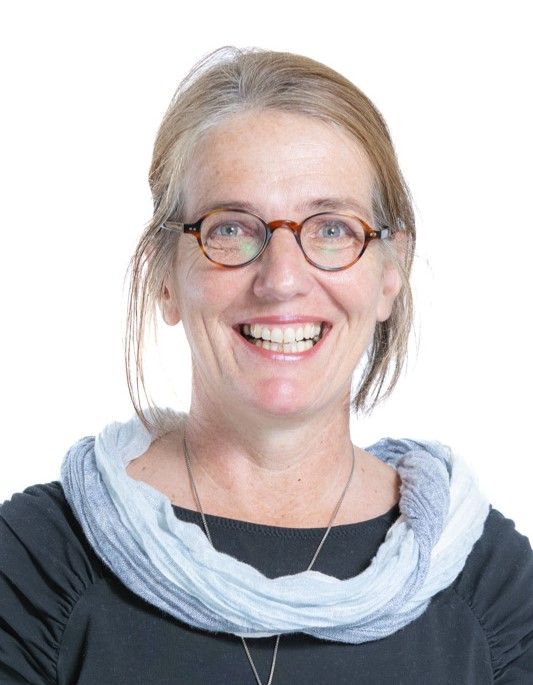
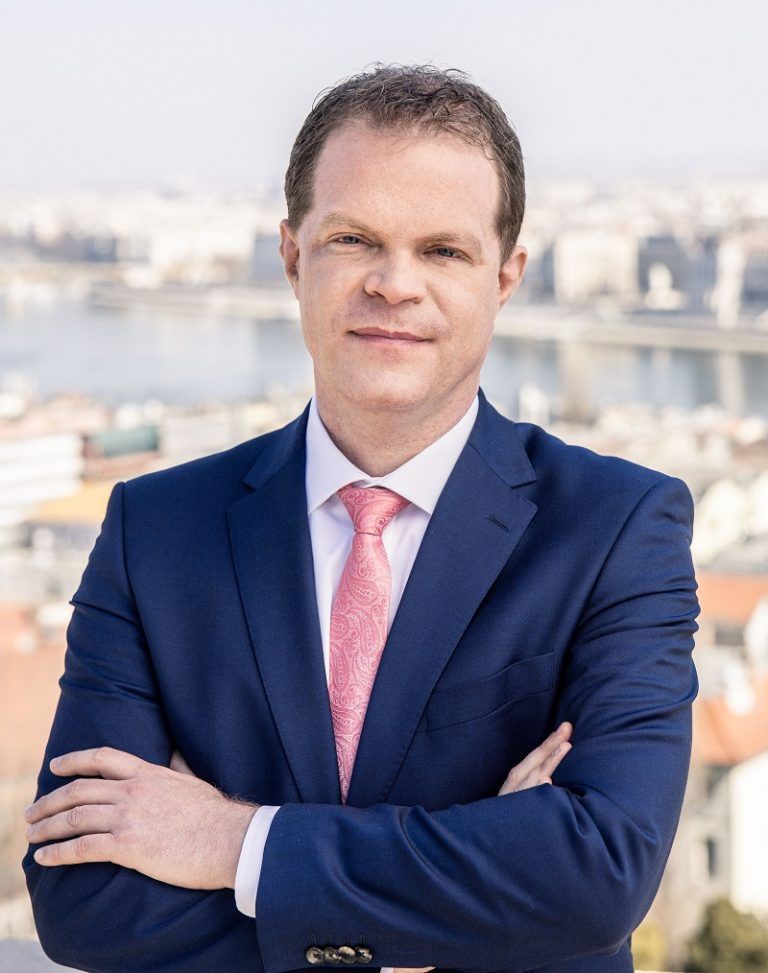
Koltay, András
András Koltay is Research Professor at the University of Public Service and Professor of Law at Pázmány Péter Catholic University in Budapest, Hungary. He received LL.M. degree in Public Law at the University College London in 2006, and PhD degree in law at the Pázmány Péter Catholic University in 2008. Between 2018 and 2021, he served as Rector of the University of Public Service. He has been the President of the National Media and Infocommunications Authority of Hungary since 2021. His principal research has been concerned with freedom of speech and the press, media regulation and platform law. He was a speaker in more than 200 conferences in several countries. He is the author of New Media and Freedom of Expression (Hart, 2019) and Media Freedom and the Law (Routledge, 2024). He is the co-editor of Blasphemy and Freedom of Expression (Cambridge University Press, 2017, together with Jeroen Temperman), Comparative Privacy and Defamation (Elgar, 2020, together with Paul Wragg), Global Perspectives on Press Regulation, Vol. 1 and 2 (Hart, 2023 and 2024, together with Paul Wragg) and Disinformation, Misinformation, and Democracy (Cambridge University Press, 2025, together with Ronald J. Krotoszynski, Jr. and Charlotte Garden).
Krotoszynski, Ronald
Ronald Krotoszynski is the John S. Stone Chairholder of Law and director of faculty research in University of Alabama School of Law. Professor Krotoszynski earned his B.A. and M.A. from Emory University and J.D. and LL.M. from Duke University where he was articles editor for the Duke Law Journal and selected for Order of the Coif. He clerked for the Honorable Frank M. Johnson, Jr, of the United States Court of Appeals for the Eleventh Circuit and was an associate with Covington & Burling, D.C. Prior to joining the faculty at the University of Alabama School of Law, Professor Krotoszynski served on the law faculty at Washington and Lee University and, prior to that, on the law faculty of the Indiana University School of Law-Indianapolis. He also has taught as a visiting professor at the Washington and Lee University School of Law, the Marshall-Wythe School of Law at the College of William and Mary, at the Florida State University College of Law, and at Brooklyn Law School. Krotoszynski has held appointments as a visiting scholar in residence at the University of Washington-Seattle School of Law, the Seattle University School of Law, and the Lewis and Clark School of Law.
His research focuses on administrative law, constitutional law, First Amendment law and telecommunications law. Professor Krotosynski can speak on topics such as free speech and law as it relates to politics.
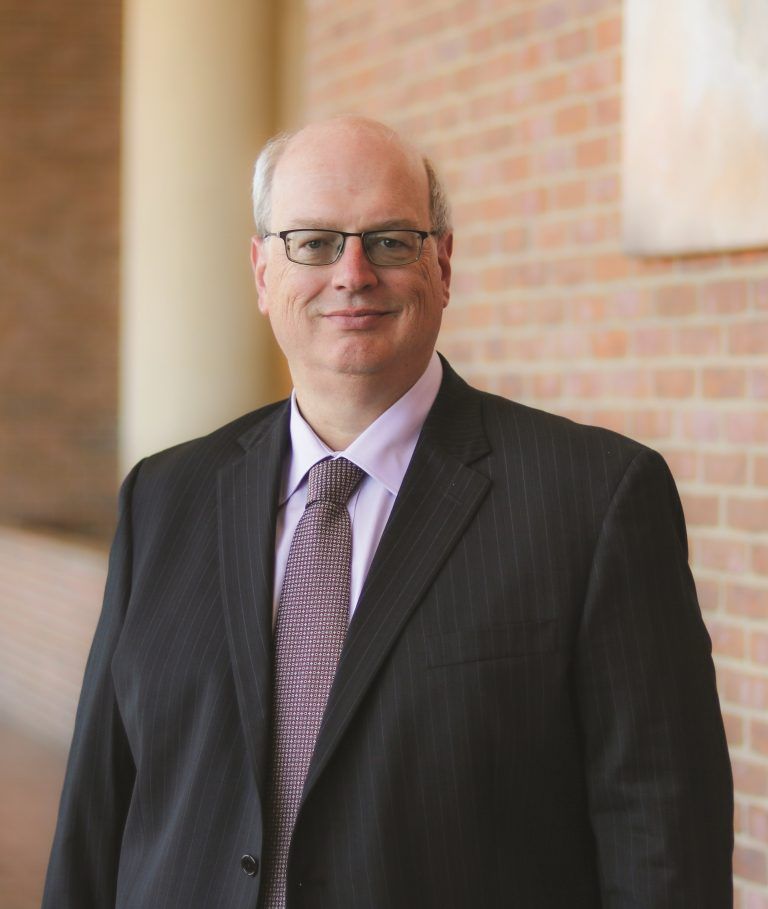
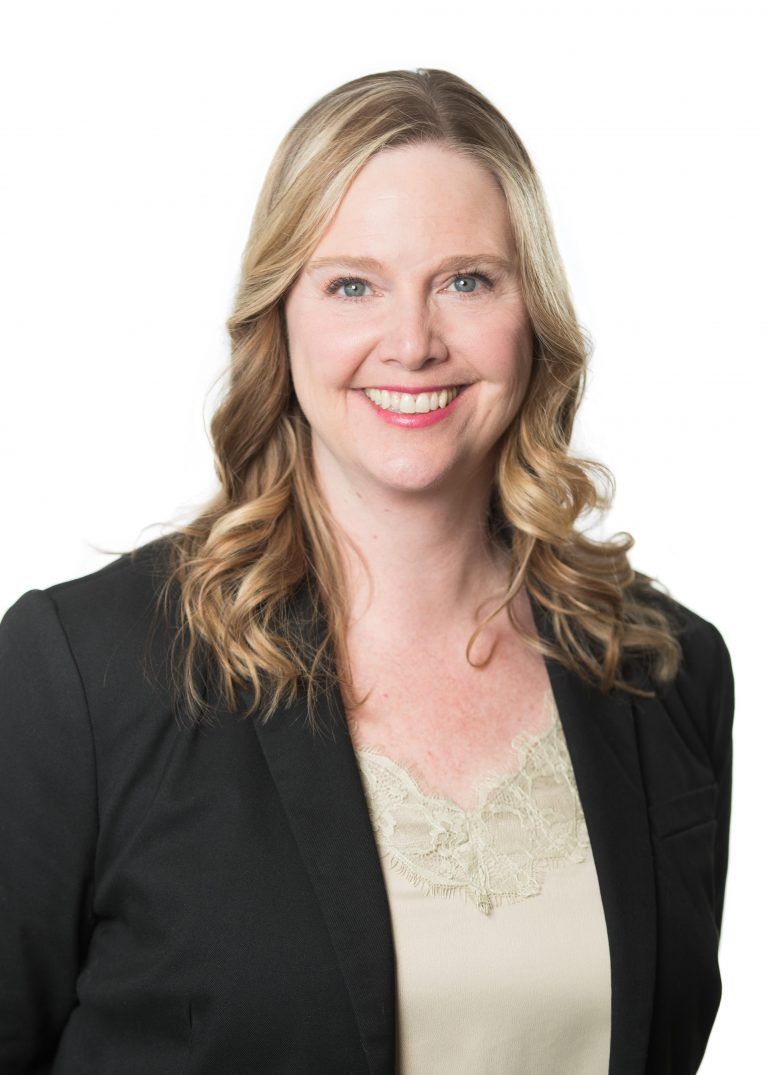
Laidlaw, Emily
Dr. Emily Laidlaw is a Canada Research Chair in cybersecurity law and Associate Professor in the Faculty of Law at the University of Calgary, a senior fellow at the Centre for International Governance Innovation and an Associate Member of the University of Ottawa’s Centre for Law, Technology and Society. In addition to her academic work, Dr. Laidlaw is a member of the Board of Directors of the National Cybersecurity Consortium.
Dr. Laidlaw researches and advises at the intersection of technology regulation, human rights and corporate governance, with a special focus on platform regulation. She actively contributes to law reform and other advisory work, with recent projects on online harms, mis- and disinformation, defamation law, and intimate image abuse. She co-chaired the expert group that advised the Federal Government on development of the Online Harms Bill.
Dr. Laidlaw is author of two books: Regulating Speech in Cyberspace: Gatekeepers, Human Rights and Corporate Responsibility (Cambridge University Press, 2015), and co-editor with Florian Martin-Bariteau of the forthcoming book Security of Self: A Human-Centric Approach to Cybersecurity (Ottawa University Press, 2025).
Prior to joning the University of Calgary in 2014, Dr. Laidlaw spent nearly a decade in the United Kingdom, completing her LLM and PhD at the London School of Economics and Political Science and working as a lecturer at the University of East Anglia Law School.
Török, Bernát
Bernát Török is associate professor of constitutional law, director of the Institute of the Information Society at the Ludovika University of Public Service (Budapest), and UNESCO chair on digital platforms for learning societies. He worked as legal expert at the Hungarian media authority for 7 years, then he was chief counselor at the Constitutional Court of Hungary between 2010 and 2018. In 2016-17, he was visiting scholar at Yale Law School. He is author of the book To Speak Freely in a Democracy, and co-editor of several volumes on free speech, media law and the regulation of new technologies. His research interests include freedom of speech, and fundamental rights in the information society.
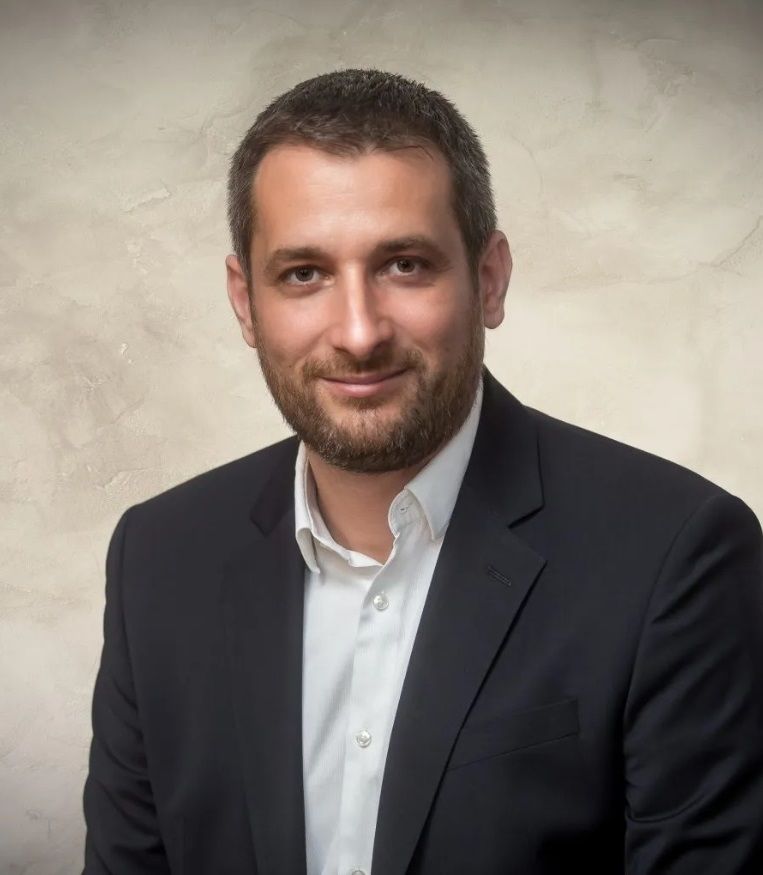
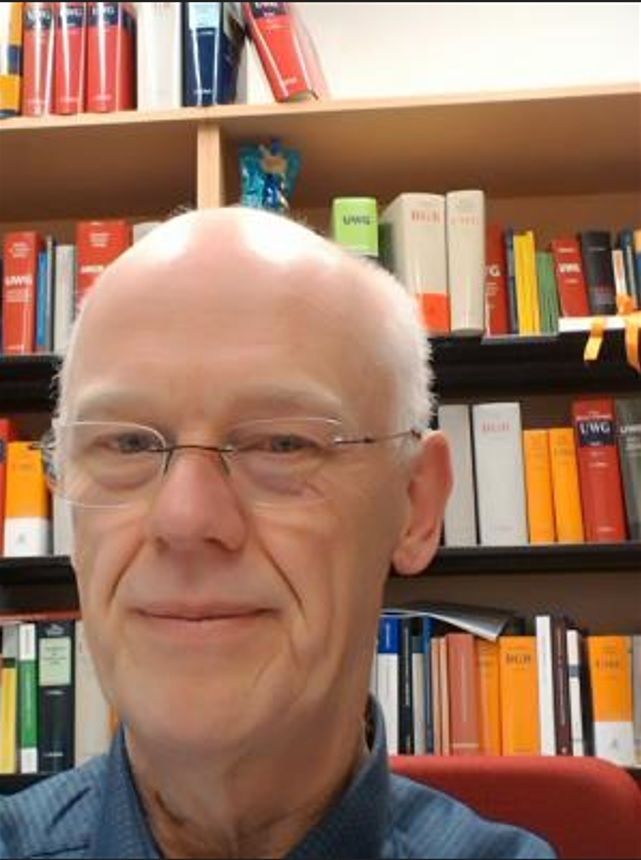
Wiebe, Andreas
Andreas Wiebe graduated from the University of Hannover in 1987 and received the LL.M. degree at the University of Virginia (U.S.A.) in 1988. Having obtained the doctoral degree in 1991 with a comparative work on the protection of computer programmes in the U.S. and Germany he worked as an assistant at the Institute of Legal Informatics at the University of Hannover. In 2001 his habilitation was accepted based on a work on electronic contracting. From 2002 to 2009 he was the head of the Department of Information Law and Intellectual Property Law at Vienna University of Economics and Business Administration. Besides several guest professorships he was a Visiting Professor at Stanford Law School from January to June 2008 and at the University of Nanjing, China, in October 2012. Since May 2009 he is a professor of competition law, intellectual property law and media law at the University of Göttingen, Germany.
Main areas of research are information and communication technology law, copyright and intellectual property law, and unfair competition law. He participated in several nationally and EU funded research projects, in recent years with a special focus on data protection and copyright law.
Prof. Wiebe ist head of „Forschungsverein Infolaw“ in Vienna. He is co-organisor of the Austrian ICT Law Day and the Competition Law Forum, both annual events in Vienna.
Prof. Wiebe is on the scientific board of several IT and media law journals in Germany and other European countries. He is an author of several German and English legal articles and books and co-editor of handbooks. He was Vice President of the German computer law association (Deutsche Gesellschaft für Recht und Informatik, DGRI e.V.) from 2005 to 2011.
Wragg, Paul
Paul Wragg is a Professor of Media Law at the University of Leeds. He read law at Durham, where he graduated, first, with an LLB Law (first class) and, later, a PhD. His expertise lies in the related fields of free speech rights and privacy law. He has been at Leeds since 2009, having taught previously at the University of Birmingham and Durham University. He is an associate academic fellow at the Honourable Society of Inner Temple, and has been a visiting fellow at the Universities of Sydney and Melbourne. His work has been published in a wide range of journals, nationally and internationally, from generalist titles, such as Public Law and Cambridge Law Journal, to specialist titles, such as Industrial Law Journal and Journal of Media Law, from Sydney Law Review to Ohio State Law Journal.
His monograph on the compatibility of compulsory press regulation with press freedom entitled A Free and Regulated Press: Defending Coercive Independent Regulation was published by Hart in May, 2020.
He was previously editor-in-chief of Communications Law (2016-2019), he is a board member of the campaign group Hacked Off, which supports victims of press abuse. He also sit on the code committee of IMPRESS, the UK’s only officially recognised press regulator.
He has a number of research interests that coalesce around his primary interest in free speech theory. He has been fascinated, for a long time, with the dynamic interplay between press freedom and privacy rights in the UK and European Court of Human Rights case law and, more recently, on the apparent dichotomy between press freedom and (meaningful) press regulation. He has given presentations in the UK and around the world, including the USA, Australia, India, Japan, and much of continental Europe.
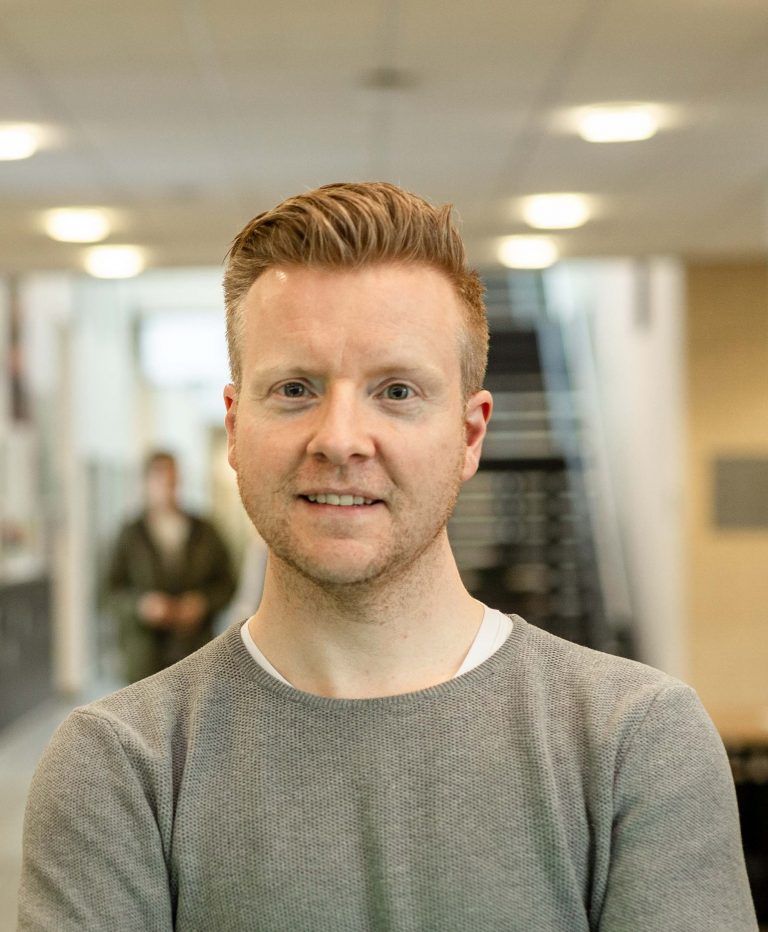

Ződi, Zsolt
Zsolt Ződi is a research professor at the Institute of the Information Society, Ludovika University of Public Service. He graduated as a lawyer, and worked as a publishing professional in different positions in legal publishing and IT companies until 2011. In 2012 he earned a PhD in legal informatics. Since then, he was associate professor in University of Miskolc, Eötvös Loránd University Budapest, and Corvinus University Budapest teaching legal theory and infocommunication law. At this period he led computational legal lingusitics, and other legal text-mining projects, and wrote several articles on the role of precedents in the Hungarian courts. Since his appointment to the Institute, his main research field is the regulation of information society, including internet platforms and AI, and use of LegalTech. His book entitled Platform law was published last year. Zsolt is the author of three books, and more than 100 articles.
